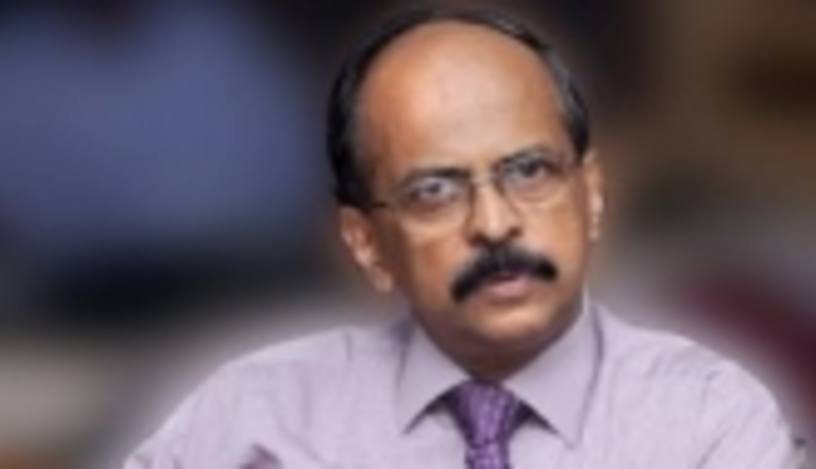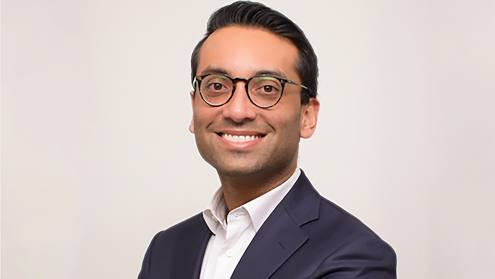When it comes to providing a cohesive payments service few countries can offer greater challenges than India. It should not be surprising really, with a population of 1.2 billion, many of whom live in rural areas, reaching customers, potential customers and payees was never going to be easy. Add to that the fact that a significant majority of Indians remain unbanked, and the potential headaches multiply.
Editor's choice
Enter private sector Federal Bank of India’s double-pronged overhaul of its payments services, designed to boost the accessibility of banking channels for the banked and unbanked alike, as well as improving the provision of electronic payments.
Identifying the problem
The first of these projects was executed in partnership with the help of the Unique Identification Authority of India, a government agency established in 2009 to implement the Aadhaar scheme. Under the Aadhaar scheme, every Indian resident will be issued a unique 12-digit number, which is then linked to basic demographic and biometric information – photograph, fingerprints and an iris scan – with the aim of allowing verification of individual identity and clamping down on fraud.
Such information will also, of course, make it extremely easy to verify the identity of a payment recipient, for example, even if they are not in possession of a bank account, which has always been a severe security headache in the past, says A Surendran, a general manager and head of international banking with Federal Bank of India. “Initial sign-up for the universal ID scheme should be very encouraging for non-banked individuals,” he says.
As for Federal Bank, it aims to allow individuals without bank accounts to make transactions using only their ID number and biometric information. It is a move which should, for some services at least, ensure that no part of India’s population is truly unbanked.
Currently, Mr Surendran says, the bank is in the pilot phase of the biometrics project, but he expects it to get fully under way imminently. “We have started working on it and we expect it to take it off very soon,” he says. “We have a fully fledged team working on it, but it will take some time to stabilise and establish it in a big way.”
To further improve access, it also recently introduced National Payments Corporation of India’s Interbank Mobile Payment Service (IMPS) system, which is backed by a number of large Indian banks and allows transactions to be made via SMS, even between account holders in other banks
Faster payments
The other half of Federal Bank’s payments overhaul is India’s first implementation of Visa’s personal payments service, a PayPal-like system that enables holders of Visa debit cards to send and receive funds or make person-to-person payments both domestically and internationally in a matter of seconds. It is an important development for Federal Bank, especially when it comes to international payments, given that 7% of remittances to India are already routed through its remittances engine. “A large amount of Indians migrate to other countries and send money back to relatives over here, so there is a huge market for international instant money transfers,” says Mr Surendran.
Federal Bank envisages a sizeable audience for the entire gamut of its recently introduced payments products. “Everywhere there is market, and everywhere there is opportunity," says Mr Surendran. And it is not just the bank which is positive. Payments systems provider ACI, which worked closely with the bank on these initiatives, recognised the significance of these advancements in its 2012 ACI Excellence Awards.
But there is more to come, says Mr Surendran, especially as these recent initiatives are all very new additions to the Indian payments landscape. “The next step will be to stabilise all the projects we have kicked off and ensure that everything is in full swing.” Future plans include extending the personal payments service to all of its correspondent banking partners, fast-tracking payments from around the world.
“This will be the future, and we see a lot of incoming projects implementing that,” says Mr Surendran. “Cards are gaining momentum as are mobiles, one day the system will be dominated by digital channels such as these.”












